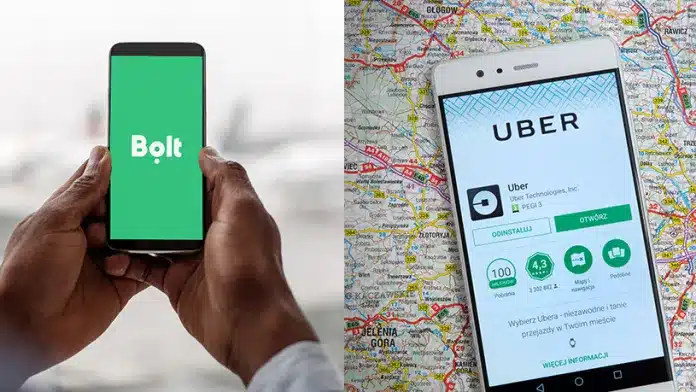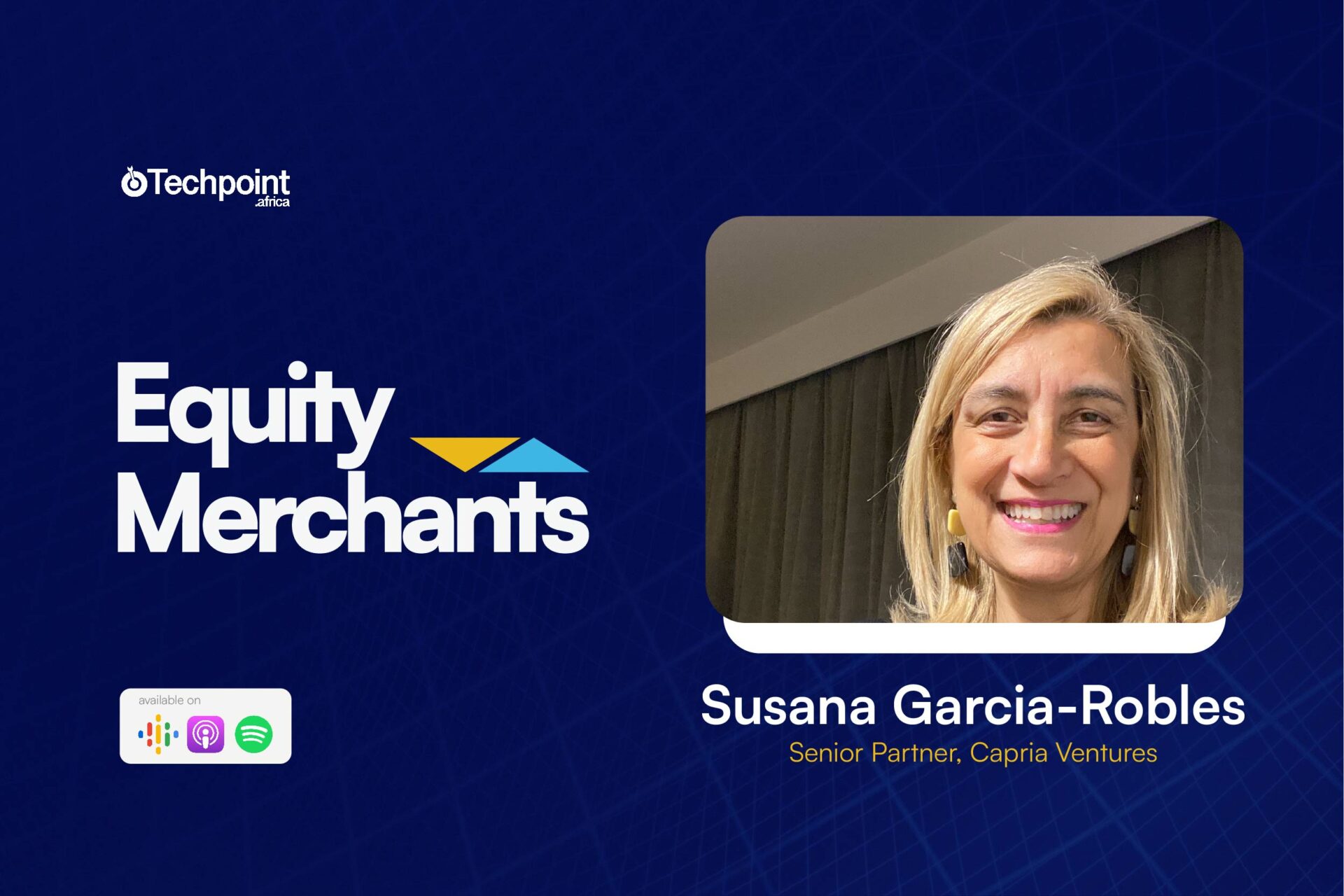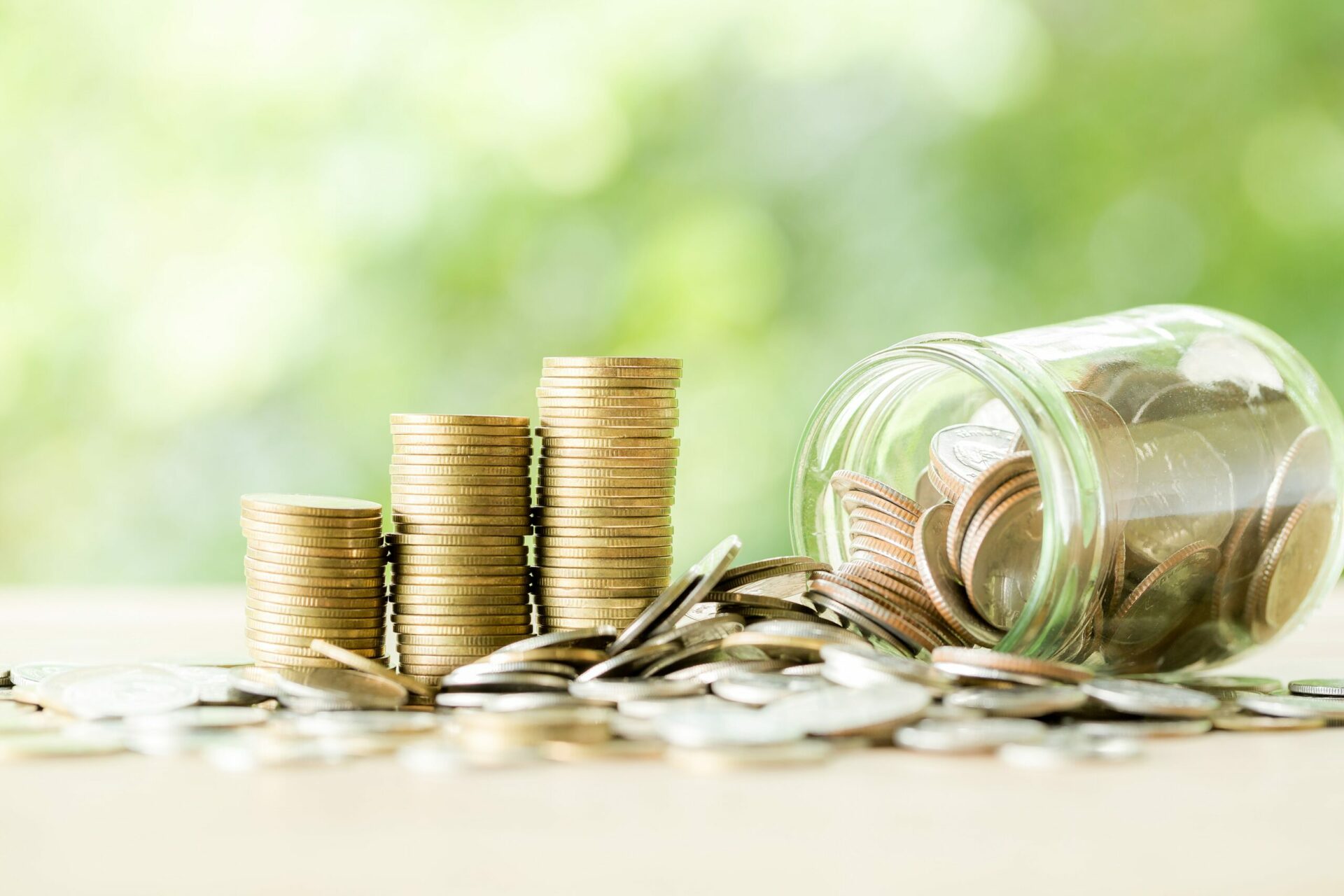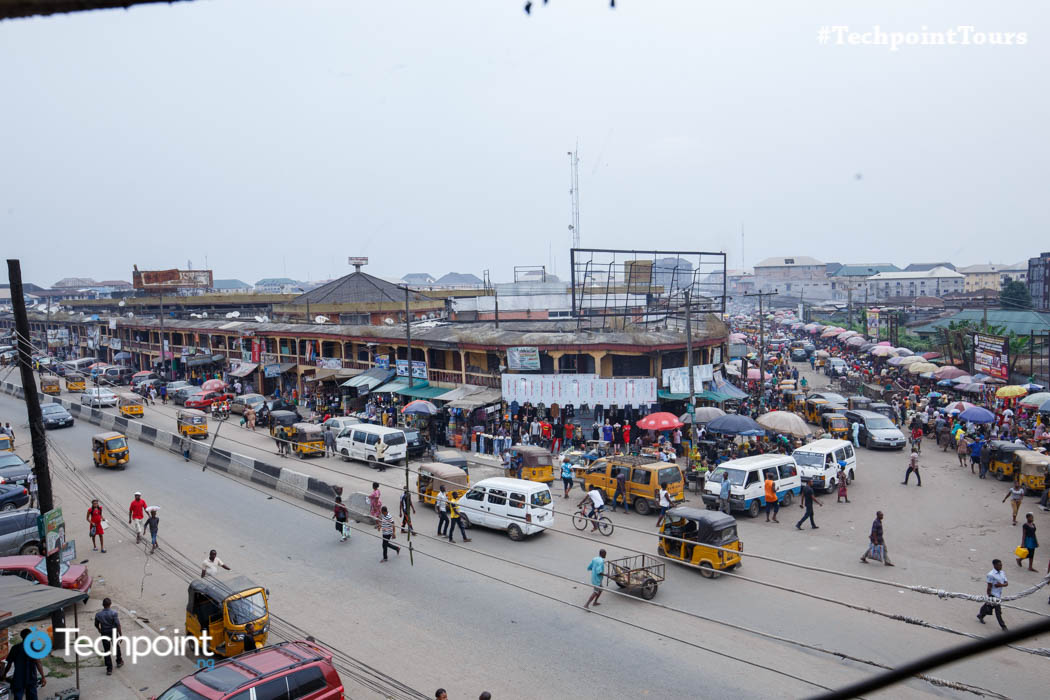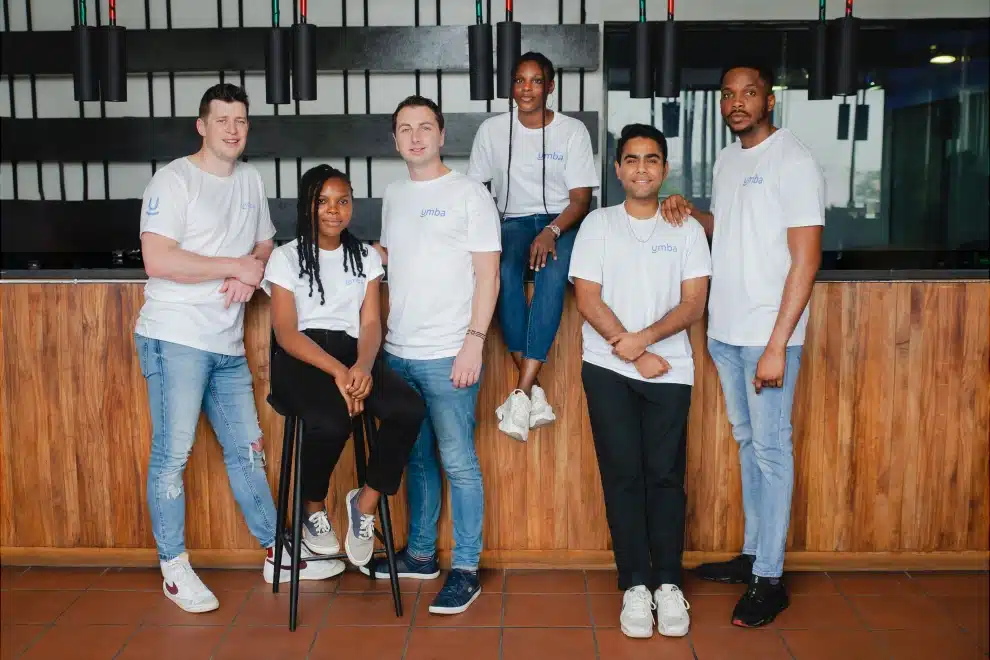Key takeaways :
- E-hailing drivers could start another strike as ride-hailing companies fail to meet their demands.
- The drivers started a warning strike earlier this month to get the companies to adhere to their demands.
- The drivers are demanding a 200% increase in base fare and a 50% cut in the commission charged by the ride-hailing companies. Some drivers, however, think the demands are unreasonable.
On Wednesday, June 7, 2023, ride-hailing drivers in Nigeria went on a warning strike to get the companies they work for to meet their demands, which included an increase in base fare.
The drivers, under the aegis of the Amalgamated Union of App-based Transport Workers of Nigeria (AUATWON), are also demanding a 50% reduction in commissions charged by ride-hailing platforms.
Bolt previously announced an increase in its base fare in nine cities, but some drivers who spoke to Techpoint Africa argued that it was not enough.
“The app companies have not done anything as regards what we asked them for. We are supposed to embark on an indefinite strike if nothing is done about it.” The national treasurer for the Union, Comrade Jolaiya Moses, told TechCabal.
The genesis of the problem
Since the Nigerian president, Bola Tinubu declared that "fuel subsidy is gone" at his inauguration, there has been an almost 200% increase in the price of fuel nationwide. That increase has not been reflected in ride-hailing fares, the drivers say. As a result, they are requesting a 200% increase in the base fare.
There are two sides to the equation
Without getting into the technicalities of how the drivers arrived at a 200% price increase, one must consider the other side of the coin.
Ride-hailing platforms are marketplaces bringing drivers and riders together. Without drivers, riders cannot move around using ride-hailing services, and vice versa.
While operating costs have increased for the drivers, the cost of living has risen for the riders who need their services. Therefore, any price increase must acknowledge the realities of both parties.

Be the smartest in the room
Give it a try, you can unsubscribe anytime. Privacy Policy.
Responding to inquiries from Techpoint Africa, Yahaya Mohammed, Bolt's Country Manager said, "Excessively high prices will discourage passengers from ordering rides, thus negatively impacting drivers’ earnings. Therefore, our revised fares aim to strike a balance between better compensation for drivers and manageable prices for passengers."
Similarly, Uber, in a response to TechCabal, said, "Where price options are made too high, there could be a risk of fewer or no requests from riders – meaning fewer or no earning opportunities for drivers."
Some drivers disagree with the 200% increase
Some drivers believe that while the strike is justified, the demand for a 200% increase in the base fare is counter-intuitive given that drivers are not the only ones affected by the fuel hike.
"The business does not revolve around the drivers alone, and a 200% increase will affect both Bolt and the passengers. Why would a passenger pay for a ride that is that expensive?" One driver told Techpoint Africa.
How ride-hailing platforms responded in other countries
Driver agitations for an increase in the cost of fares are not new, but ride-hailing companies have rarely acceded to these requests immediately. In December 2022, the Taxi and Limousine Commission of New York, US, voted to raise the pay of ride-hailing drivers.
Uber kicked back, requesting a judge block the raise from going into effect.
Part of a statement by the company reads, "Such a significant fare hike, right before the holidays, would irreparably damage Uber’s reputation, impair goodwill, and risk permanent loss of business and customers."
Although the pay raise was later implemented at reduced rates, it is crucial to note that the final decision was a 10% increase, which Uber described as "more reasonable than what was previously proposed."
Ride-hailing drivers in Nigeria have justifiable reasons to request a fare increase, but the survival of drivers and their platforms rests on riders. Perhaps a proposal similar to that of New York drivers could work.

